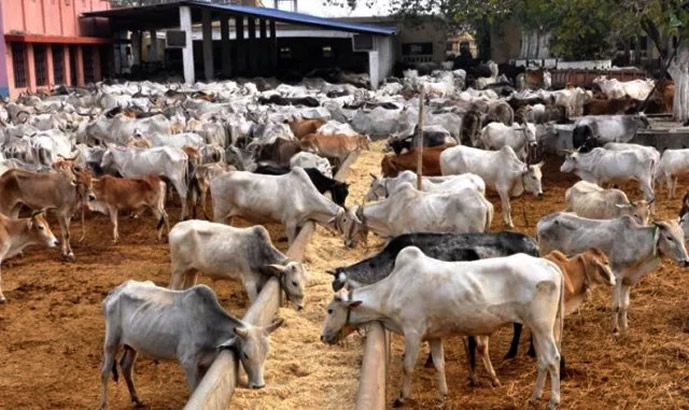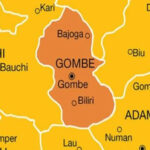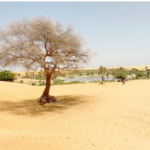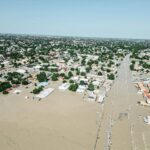Deficient political leadership, popular misperceptions about its purpose, budgetary constraints aggravated by the COVID-19 pandemic, a lack of personnel with the expertise to carry it out and widespread insecurity have been identified as challenges hindering the smooth take-off of the National Livestock Transformation Plan (NLTP).
This is the submission by the International Crisis Group in its latest report on Nigeria titled: Ending Nigeria’s Herder-Farmer Crisis: The Livestock Reform Plan.
The Brussels, Belgium based Crisis Group, is an independent organisation working to prevent wars and shape policies that will build a more peaceful world.
In the report, a copy of which Daily Trust obtained, the group noted that the NLTP, approved by the National Economic Council in January 2019, represents the most a comprehensive effort to date to overhaul Nigeria’s inefficient and grossly underperforming livestock system.
Following the wave of violence in the Middle Belt in 2018, the Federal Government, after consulting with various stakeholders, including state governors, leaders of herders and farmers’ associations, and international development partners, came up with NLTP to modernise the livestock sector.
Its objectives are to gradually end open grazing and thereby promote peaceful coexistence between herders and farmers. The Plan, which the National Economic Council adopted in January 2019, has been lauded by authorities in northern and some Middle Belt states.
“At the core is a strategy to curtail migratory or open grazing and thus lower the risk of conflict between herders and farmers. It’s animated by the hope that over a period of ten years, predominantly nomadic pastoralists will be persuaded to move their cattle into ranches and public grazing reserves, where breeding farms and other mechanised livestock management practices are to bolster the sector’s productivity.
“By the end of 2028, authorities aim to have at least 119 ranches operating in all participating states, creating over two million jobs in the livestock production, processing, and marketing chains,” the report reads.”
However, the Crisis Group noted in its report that two years into the 10-year Plan, the first new ranch has yet to be built.
Identifying obstacles to this effect, the report said opposition, partly among herders predominantly from the Fulani ethnic group but also among farmers who resent the Plan’s benefits to pastoralists, were hindering reform efforts.
“Distrust is widespread in Nigeria’s Middle Belt, which has been the scene of violent disputes over land between herders and farmers, notwithstanding peacemaking and military efforts that since 2018 have reduced the bloodshed. Federal and state budgets are pinched, partly due to the pandemic’s economic fallout, and the country lacks sufficient technical expertise for managing ranches and grazing reserves.
“In many states, especially in the North West, the proliferation of criminal gangs and other armed groups is cutting off access to grazing reserves and scaring away potential investors. Unless addressed, these and other problems could delay or even scuttle the Plan, leaving the country vulnerable to an escalation of herder-farmer conflict, which could degenerate into wider ethnic, regional and religious violence,” the report reads.
Building on its 2017 and 2018 reports on herder-farmer violence in Nigeria and a May 2020 report on insecurity in the North West, the latest report examines the Plan and its limitations, while outlining recommendations for breaking through logjams holding up its implementation.
The report, among other things, recommended that federal and state governments, working with donors and investors, need to act with some urgency to shore up support and funding for the Plan and ensure that states can carry it through over the next eight years.
“Priorities should include improving public communication and awareness, ensuring proper funding and accountability, building technical expertise, and improving security in and around the reserves where ranches are to be built. The Plan’s proponents should focus their efforts toward showing visible results between now and the commencement of campaigns for the 2023 elections.”

 Join Daily Trust WhatsApp Community For Quick Access To News and Happenings Around You.
Join Daily Trust WhatsApp Community For Quick Access To News and Happenings Around You.


